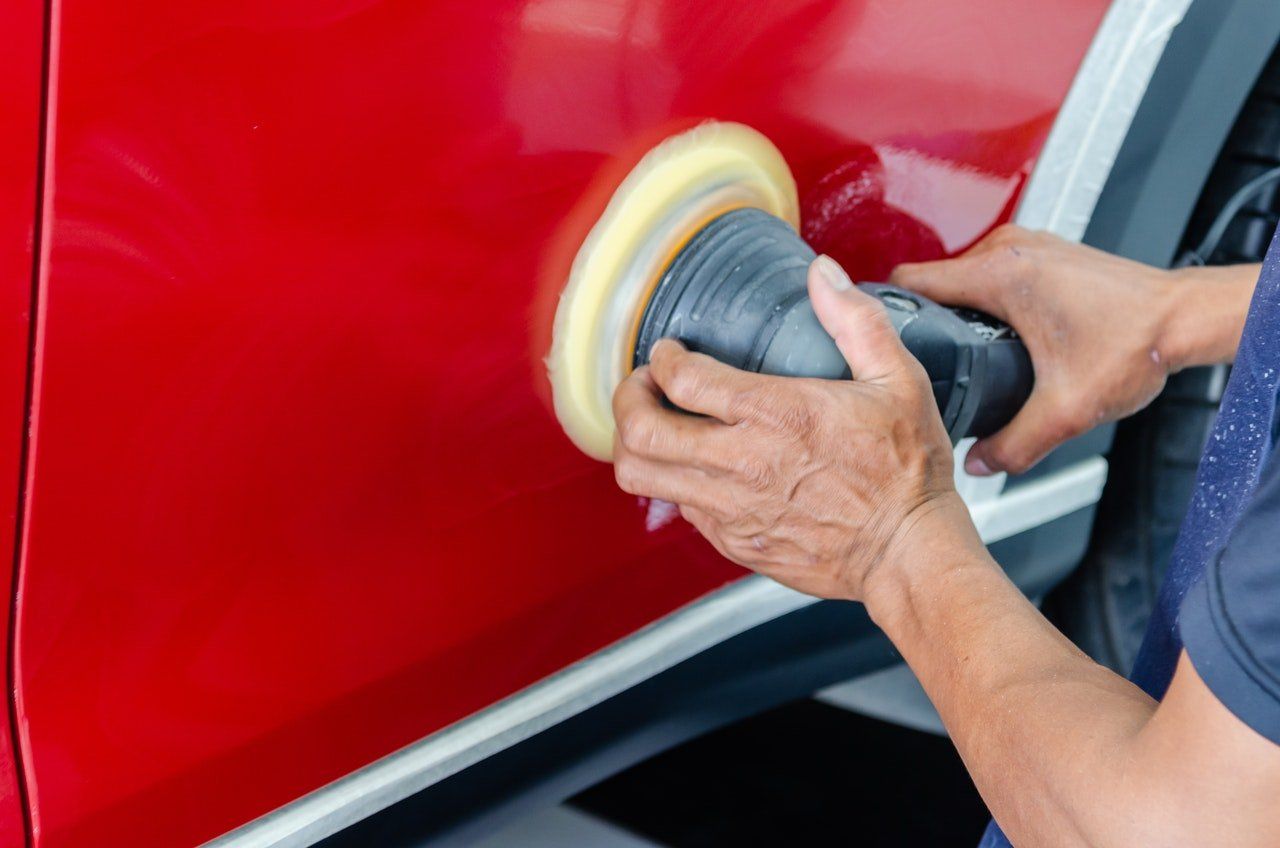3821 Old Forest Rd
Lynchburg, VA 24501
Before you buy a salvage title vehicle, you must check the car's VIN. It must match the VIN on the dashboard. Look for red flags, like paint missing from a bolt. If the car has been in a collision, such as a flipped over vehicle, or is showing signs of damage, make sure you see them. Spend extra time on difficult-to-reach areas, such as the trunk. If the seller doesn't offer to check the vehicle for you, ask if you can take it to your mechanic for inspection.
You should never buy a salvage title car for more than half of what you'd pay for a new one. Salvage titles are usually only given to vehicles that can't be repaired or roadworthy. Purchasing a salvaged vehicle is a gamble, because you are likely to have to pay more for repairs than the vehicle is worth. In addition to the risk of buying a salvaged car, there are also risks to buying a salvage title car.
Buying a salvage title car may be an excellent option for someone on a budget, but it is essential that you understand what a salvage title means. Depending on the type of damage the car suffered in an accident, you could end up paying much more than the vehicle is worth. If you don't want to pay this amount, you might want to shop around for insurance on the salvaged car. Moreover, make sure that the seller discloses the car's salvage title, and is willing to provide you with all the necessary information. If you're not sure, you can file a lawsuit.
If you are looking to buy a used car, you should check if it has a salvage title before you purchase it. These cars cannot be registered until the state inspects them and certifys that they are safe to drive. If you are buying one from a private seller, you can obtain a partial AutoCheck report, which will give you a general idea of the vehicle's history.
The process for obtaining a salvage title is handled through your state's department of motor vehicles. It will vary from state to state, but it typically involves filling out an application, paying applicable fees, and submitting the car for an inspection. This inspection will determine the extent of the vehicle's damage and its overall condition. You will need the vehicle identification number, mileage, and condition to match.
If you are interested in purchasing a car with a salvage title, you will need to undergo an inspection. A salvage title car is not the same as a rebuilt title, and you may be surprised by the costs involved. In addition to the costs, it may be difficult to sell a salvaged vehicle because it is still considered a salvage. Fortunately, there are some ways to make the inspection process go more smoothly.
Before purchasing a salvage title car, you should inspect it carefully. The insurance company may have declared the vehicle totaled, but this is illegal. A vehicle stamped with salvage cannot be legally operated in the state. Once the salvage certificate is issued, the vehicle should be taken off the road and towed to the DMV for inspection. The DMV is also aware of the salvage status, and this is why you should take care to remove the plates if you are buying a car with a salvage title.
If you have a salvage title and want a new car, you can apply for a loan to purchase it. You will need the salvage title of your vehicle as well as proof of income, including a government issued ID, and the loan amount. A photo ID is a must, as is proof of address. If you do not have a government issued ID, you can also use a driver's license or passport.
A salvage title car may be worth more than a clean-title car. Salvage title vehicles are typically valued between 55 and 60 percent of their original value. The loan amount will depend on the car's price and the title loan limit set by the state. Lending firms use the Kelley Blue Book website to determine the value of the car. They must be adequate for the borrower's needs.
Reselling a salvage title car can be a tricky endeavor. First of all, it's illegal. While it might be hard to sell a car with a salvage title, a potential buyer can always check out the vehicle's history report and discover the problem for themselves. Buying a salvage car also presents other challenges like getting a loan or an insurance policy. So, how do you avoid these difficulties?
The most obvious way to sell a salvaged car is to trade it in at a car dealership. Large national dealers may be more willing to take it than a small, privately-owned dealership. However, a smaller privately-owned dealership may not be interested in buying a salvaged title car because it is more work for them and a more difficult vehicle to resell. Additionally, a salvage title car's value may have depreciated by as much as 10% or 50% from its original NADA or Kelley Blue Book value.


OPENING HOURS
Monday – Friday: 8 AM – 5 PM
Saturday: Closed
Sunday & Holidays: Closed